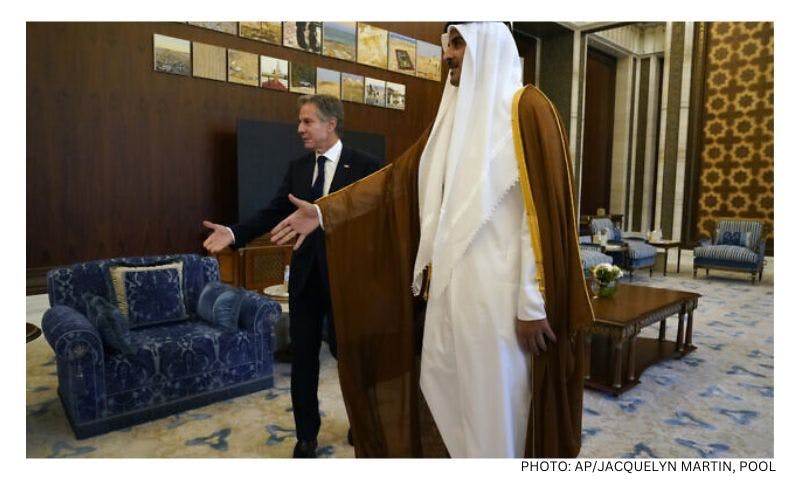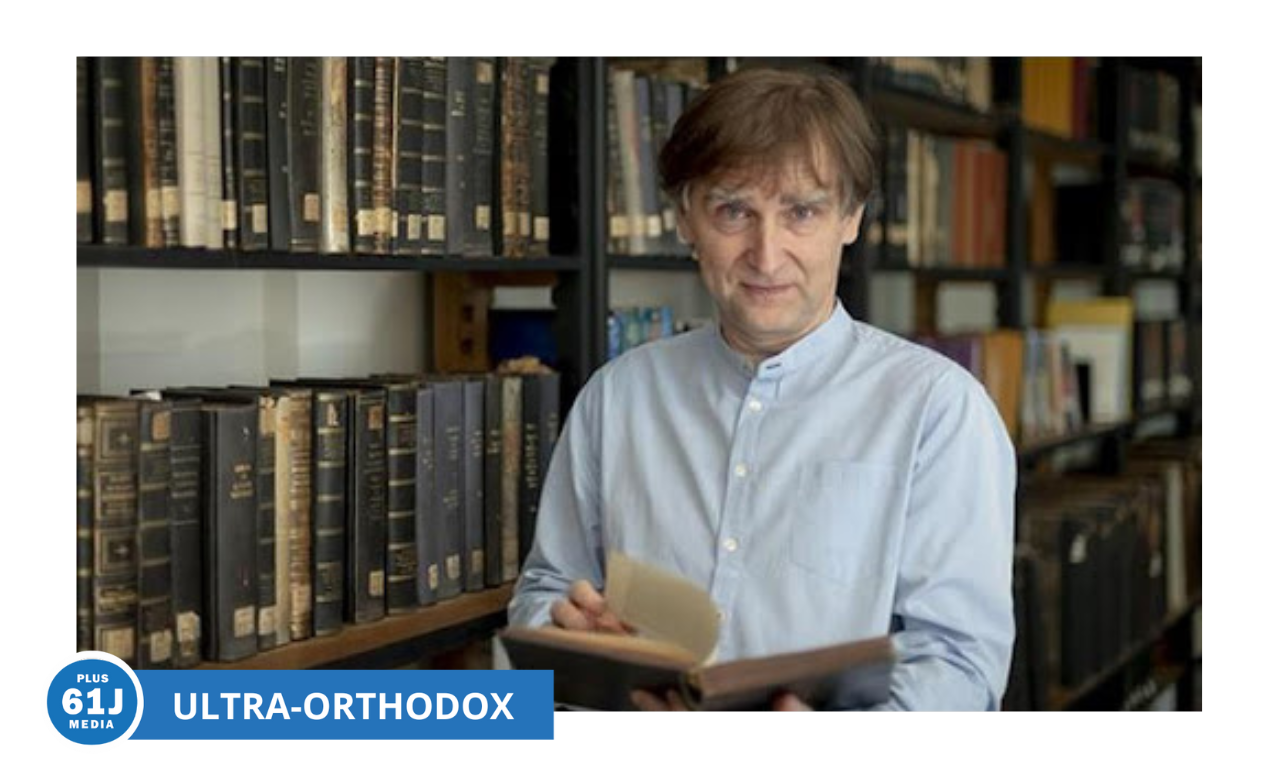Published: 26 October 2021
Last updated: 4 March 2024
One year since his passing, Rabbi RALPH GENENDE salutes Rabbi Jonathan Sacks, whose fusion of Western intellectual and Jewish tradition made him one of Judaism's finest leaders
"Occasionally in the history of the Jewish encounter with God, a thinker arises who lets us see our ancient tradition in a new light, like a poet describing an emotion we instantly recognise but never before were able to articulate. When this happens within a faith, old texts reverberate with new meanings. Acts we had performed unthinkingly a thousand times stand revealed in their depth and power. As if for the first time, we begin to understand why those who came before us did as they did, and we and the tradition are renewed."
THESE ARE THE sentiments of Rabbi Jonathan Sacks about the prodigious contribution of Rabbi Joseph Soloveitchik, the profound leader and intellectual giant of the twentieth century.
They could equally be a description of his own immense impact on Jewish life and thought over the past 50 years. He opened our eyes to the depth and breadth of our pregnant texts, he reminded us of their relevance and power in our own lives.
Like a skilful miner of words, Jonathan Sacks revealed new and rich seams of meaning in countless Torah texts from the Biblical to the Talmudic, the legal to the liturgical. It was like we were seeing them for the first time. Like a brilliant virtuoso he did it with beauty and style; his finely articulated thoughts made our minds leap and our souls sing.
Rabbi Jonathan stood on the shoulders of giants like Soloveitchik and the Lubavitcher Rebbe, whom he acknowledged as leading forces in his development. Like them, his message enraptured countless people across our planet. He guided the philosophy and practice of generations of Jewish teachers and leaders.
He was, at once, a superstar, modern day global prophet, respected by royalty and rabbis, political leaders and influencers, philosophers and poets, clerics of diverse faiths and the pintele Yidden, the grassroots ordinary Jews.
He was also my muse and model since I first met him as a young rabbi in South Africa some 35 years ago.
What was it that impelled this man onto the world stage, made him in the words of The Times, “one of the great public intellectuals of the age”?
One of the greatest challenges of our maddeningly complex, often ugly and troubled world is how to live with balance and beauty, how to integrate our ideas and our actions, how to achieve that fine harmony between mind and heart, justice and compassion; how to maintain your sanity and integrity in a super-connected social media environment and how to cope and find courage in the age of Covid.
For people of faith the challenge is exacerbated: how to live honestly and passionately with “tradition in an untraditional age”, with moderation and love in at time of extremism; how to confront religious violence.
When he verbalised his ideas in a witty aphorism or compelling epigram, it all seemed so right and natural, as though he was simply articulating what we were thinking and feeling.
Rabbi Jonathan Sacks not only recognised and defined these challenges; he also refined their parameters and untangled their complexity. He was a prodigious and prolific writer and the more he wrote the simpler, more elegant and more accessible he became.
When he verbalised his ideas in a witty aphorism or compelling epigram, it all seemed so right and natural, as though he was simply articulating what we were thinking and feeling, or grappling to understand and express.
Over this past year, I have been amazed by the range and number of people Rabbi Sacks has affected and how his teachings continue to inform and enliven their lives.
Jonathan Sacks was unafraid to confront the big questions and to offer big answers. To the Jew struggling with the purpose of prayer and mitzvot (ritual and commandments) the failures of faith, the inscrutability of suffering, the reason to remain Jewish in a hostile world and the mission of Israel as a modern-day state, he provided cogent and compelling arguments.
We are, he would often assert, the people of the covenant with God, an irrevocable and enduring partnership (unlike a finite and limited human contract). We have a duty, a responsibility and the capacity to play a part in the conversation of society, to help heal a fractured world.
To those burdened and burnt out he offered solace and hope to their anguished hearts. He distinguished between facile optimism and the substantive confidence of faith and hope that has always nurtured Judaism. He reminded all Jews that they are a people whose “heroes were teachers, whose citadels were schools, and whose passion was study and the life of the mind”.
To the powerbrokers and politicians he was both a friend and an unsettling sage, unafraid to talk truth to power. He spoke about the politics of hope, gave a profound and humane analysis of the dangers of libertarian individualism and the meaning of true liberal values.
He courageously tackled the problems of multiculturalism and its unintended consequences of producing a society of conflicting ghettos and non-intersecting lives. He proposed a narrative that would reinvigorate the concept of the common good.
To the philosophers, scientists and theologians, he addressed the false dichotomy between science and religion and what he called the tired arguments of militant atheists.
To the philosophers, scientists and theologians, he addressed the false dichotomy between science and religion and what he called the tired arguments of militant atheists. Religion, he would say, has a vital role in tempering and developing the scientific conversation.
Religion brings meaning and inspiration to the scientific endeavour. It gives civilisation its soul. And we need to pay attention because “history clearly teaches that when a society loses its soul it will soon after lose its future”.
Jonathan Sacks of spoke to us all about the gift of freedom and the responsibility to honour and enhance the freedom of others. He wrote and spoke about the necessity of listening acutely, of avoiding the trap of unchecked individualism, of celebrating life and finding happiness in unexpected places. He was himself a superb listener with a refined heart.
He was a rabbi’s rabbi, a moral philosopher with an impeccable Cambridge and Oxford record. His capacity to fuse the best of Western intellectual tradition and Jewish tradition made himone of Judaism's finest leaders.
He spoke directly to my heart, acknowledged that the love of literature, music, psychology, philosophy, the arts and pop culture were not only legitimate but could all be infused by and synthesised with a love of Torah, a fealty to Halacha and a passion for Talmud. He called this Torah Ve Chochma, Torah and Wisdom.
Lord Sacks often made the distinction between power and influence. As he states in one of his final books, “the choice humankind faces in every age is between the idea of power and the power of ideas. Judaism has always believed in the power of ideas, and it remains the only non-violent way to change the world”.
Ideas are about influence; they transform us and help us redeem the world. Freud said we are only strong if we have strong ideas. Rabbi Jonathan Sacks was a strong man, an accomplished wrestler of powerful ideas and ideals.
Rabbi Jonathan, to echo your own tribute to Leonard Cohen, thank you for teaching us how to recognise the crack in everything which lets the light in, how to appreciate an informed heart; how to learn and how to live as Jews in an often dark and cold world.
You taught us how to let the light in, you brought a little more hope and kindness, righteousness and redemption into our planet. You gave us the language and the liberation, the responsibility and inspiration to continue your vision.
Ralph’s weekly reflections can be accessed at rabbiralph@kesher.net.au




